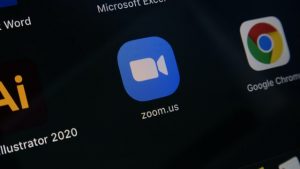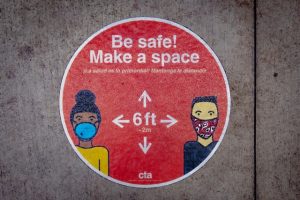When COVID-19 became a threat to the world, we all shut down and went home. For many, this meant working from home and getting everything delivered. For most students, this meant attending school from home through virtual meetings. But for the students across Latin America, school shut down completely.
Because of health concerns with Covid as well as economic issues, many students in Latin America were not registered for school in 2020. The World Bank estimates that about 120 million children missed out on education due to the pandemic, with a large portion of those students deciding to remain drop outs.

As the school year went on for most through virtual learning, students in Latin America remained out of schooling completely. This is because only 77 percent of 15-year-old students in Latin American and the Caribbean have access to the internet at home. As a result of dropping out, crime has risen in places such as Columbia, where schools have been closed the longest.
The World Bank explains that this lack of education was a pre-existing issue in Latin America, and the pandemic only made things worse. Learning poverty, which is the percentage of 10-year-olds that cannot read and understand a simple text, in Latin America was 51 percent prior to the pandemic. As of September 2021, the World Bank estimates that number to go up by 20 percent.
Still, it’s estimated by UNICEF that at least 86 million students all over Latin America remain out of school. On the other hand, there have been successful efforts that have brought 46 million children back into school. These efforts include social distancing, wearing masks, and provision of sanitary measures. UNICEF in particular is working with schools across the region to provide back-to-school strategies, deliver education and hygiene supplies, and provide psychosocial support to students and teachers

Economically, this closure is causing upwards of $1.7 trillion in income. But with small efforts to help improve the educational impact for some students, a multi-country crisis team at the University of Hawaii at Mānoa was granted $900,000 to help ensure they get quality and inclusive education.

With The World Bank and UNESCO, UNICEF is also calling for the government to work with schools to create impactful programs that will help students make a good transition back into school and catch up with the education they’ve lost.
Written by Kathryn Cottingham
October 15, 2021
Your NSTEM Journey Begins Here!
